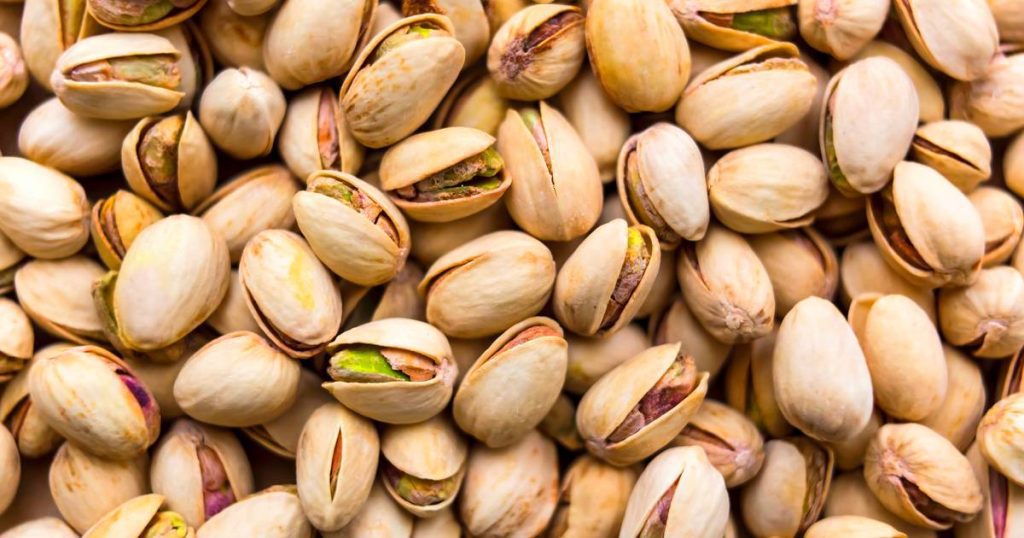Severe drought is leaving Spanish farmers with crops that are more resistant to it. For example, olives and vineyards are increasingly making room for the cultivation of pistachios. To write “The Guardian”.
Pistachios are sometimes called “green gold”. It was hoped that his cultivation would save one of the poorest regions of Spain, Castile-La Mancha, from decay and depopulation. And practice seems to show this, too.
So the difference in income is huge. A kilogram of olives only yields a farmer between 65 and 85 cents, while a kilogram of pistachios yields 6 to 8 euros. Then the invoice is made quickly.
I used to grow cereals, olives and vines, but I replaced them all with pistachios
“I used to grow grain, olives, and vines, but I traded them all for pistachios,” says Gustavo Adolfo Gálvez, who owns a farm near Toledo in the Castel La Mancha region of central Spain. “It’s much more profitable and much cheaper to produce, which means that many farmers can survive.”
Watch too. Wildfires are sweeping Spain this summer, in part due to heat and drought
research project
In 1986, the regional government in Castile-La Mancha launched a research project to find out alternative crops that farmers could grow. “Once we moved from theory to practice, we were left with only a pistachio,” said Jose Francisco Cosero Lopez of the Regional Institute for Agricultural Research and Development.
The pistachio nut magically suits the climate of Castile-La Mancha
“Pistachios are magically adapted to the climate of Castile-La Mancha. They can tolerate heat and cold and can thrive in shallow, less fertile soil.” Following this conclusion, interested farmers were trained.
“The biggest drawback is that farmers who grow pistachios have to wait at least seven years to get their first decent crop,” he says, although many clearly think it’s worth the wait, especially as demand continues to outpace supply.
So pistachios can tolerate dehydration – an important factor in La Mancha – but they need plenty of water during the stage when the nuts are forming. However, ecologist Fran Figueroa sees this as the crop of the future. For example, pistachios need less water than almonds.” In addition, although pistachios are not native, they have been in Spain since Roman times. Ecologist agrees that they are very suitable for La Mancha.
Quality
Last year, Spain harvested 2,800 tons of pistachios from 70,000 hectares, almost all of them in La Mancha. But it remains a minor player in a market dominated by California, Iran and Turkey – which together account for nearly 90 percent of global production.
But Spanish farmers focus more on quality rather than quantity. Most of La Mancha’s farms are organic, which gives their crops an added value.
I don’t mean to be chauvinistic, but our pistachios are the best on the market
“I don’t want to be chauvinistic, but our pistachios are the best on the market,” says farmer Galvez. “The product is not nearly as good in Iran, nor is it in Turkey. Consumers appreciate it and are willing to pay for it.”
“People in my village left for the city because they could not live as farmers. But now they see that even with only 10 or 15 hectares you can make a decent living,” concludes Gálvez optimistically.
Unlimited free access to Showbytes? And that can!
Sign in or create an account and never miss a thing from the stars.

“Creator. Award-winning problem solver. Music evangelist. Incurable introvert.”







More Stories
British military spy satellite launched – Business AM
Alarming decline in the Caspian Sea
Lithuania begins construction of military base for German forces